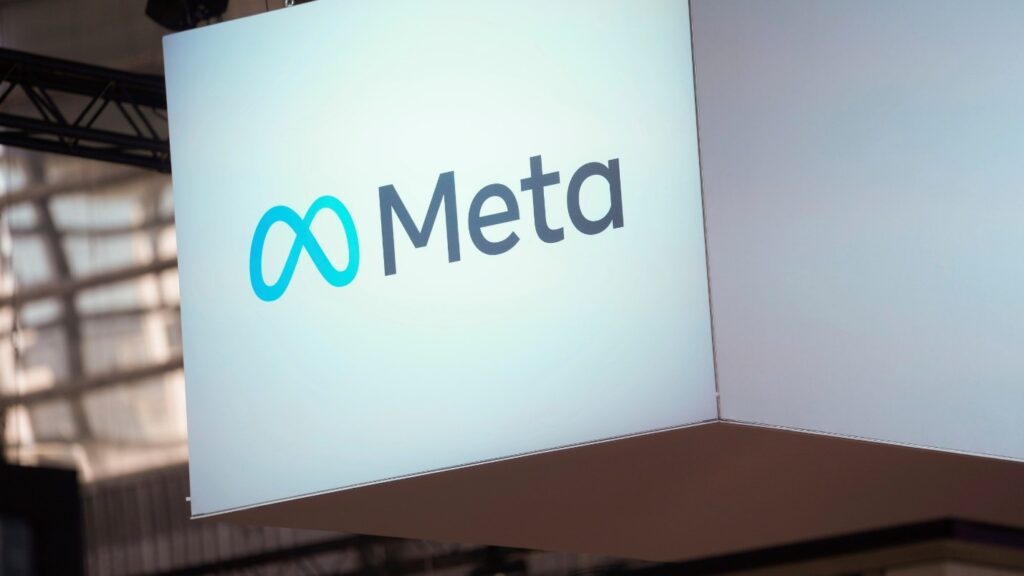Meta, the parent company of Facebook, announces plans to introduce advanced technology capable of detecting and labelling images generated by third-party artificial intelligence (AI) tools. This new feature will be implemented on Meta’s social media platforms, including Facebook, Instagram, and Threads. While Meta already employs AI to label images generated by its own systems, the company aims to extend this capability to combat the rising issue of AI-generated content across the industry.
In a blog post by senior executive Sir Nick Clegg, Meta expresses its intention to expand AI fake detection in the coming months. Despite acknowledging that the technology is not fully mature, Clegg emphasises the company’s goal to create momentum and incentives for the broader industry to follow suit.
However, scepticism arises as AI expert Prof. Soheil Feizi from the University of Maryland suggests that such detection tools are “easily evadable.” He points out potential weaknesses, stating that detectors may be trained for specific models but can be circumvented with lightweight processing on images, leading to a high rate of false positives.
Meta acknowledges the limitations of its tool, clarifying that it won’t cover audio and video content. Instead, the company urges users to self-label their audio and video posts and hints at potential penalties for non-compliance. Sir Nick Clegg concedes the impossibility of testing text generated by tools like ChatGPT, emphasising the evolving challenges in combating synthetic and hybrid content.
The announcement follows criticism from Meta’s Oversight Board regarding the company’s policy on manipulated media, deeming it “incoherent” and lacking justification. The Oversight Board, independent of Meta, urged an update to the rules after a video depicting manipulated footage of US President Joe Biden did not violate Meta’s current policies on fake media.
Sir Nick Clegg acknowledges the shortcomings in Meta’s existing policy, stating that it is not suitable for an environment where synthetic and hybrid content is becoming more prevalent. Despite the challenges, Meta has already implemented a policy requiring political advertisements to signal the use of digitally altered images or videos since January.











More Stories
Faisal Islam: Can the US Tech Bromance Revive the UK Economy?
AI Boom Powers Nvidia’s Growth Despite Rising US-China Tensions
SpaceX Achieves Successful Starship Launch in Dramatic Comeback